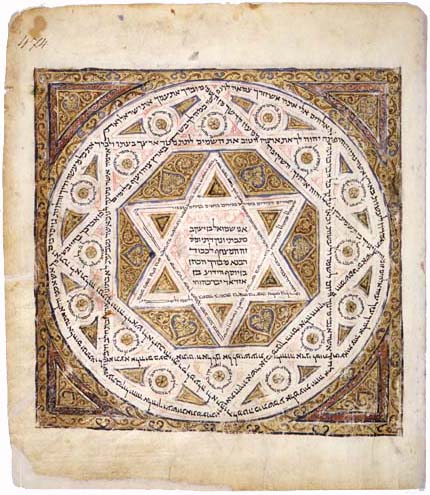
I was about to dismiss this seemingly silly question with a flippant answer along the lines of “Yes, and Shakespeare’s writings were much better in the original German,” when it struck me that OP might be confusing “the Hebrew Torah” with the New Testament.
If any of the NT was written in Hebrew originally, those texts have been lost—so the current Hebrew version of the New Testament is indeed a translation of the original Greek version of the NT into Hebrew (which is why it reads somewhat strange).
The other, less likely, possibility is that the OP is wondering if what we regard today as the Hebrew Bible is actually a translation of the Septuagint back into Hebrew.
The answer is “No.” The authorised version of the Hebrew Bible today is known as the Masoretic Text, and is the result of careful compilation of the 24 books of the Hebrew canon after comparison and cross-checking between various versions of the original Hebrew manuscripts. The Septuagint, which was based on a much earlier version of the collection, differs from it in various respects, which in itself is proof that the Hebrew Bible is not a translation back to the Hebrew from the Greek.
Besides, since the Hebrew manuscripts of the Hebrew canon never disappeared in their entirety, translating back into the Hebrew was not necessary.
